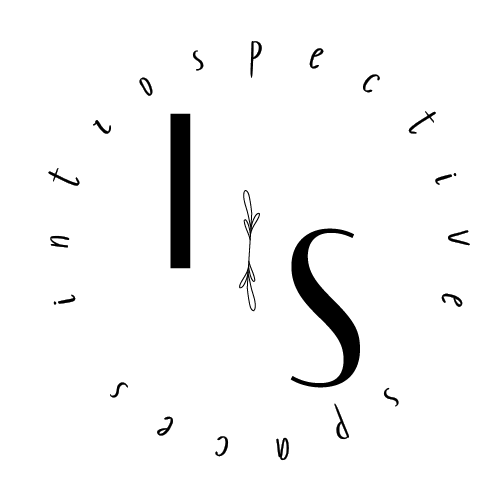Building Space for Vulnerability in Medicine
(Originally published on Interfaith America)
I felt my chest tighten and a deep sadness encompassed me. The constant dinging of the vital sign monitors started to diminish into the background as I watched these grieving parents holding their child. As a pediatrician who works in the neonatal intensive care unit, accompanying families on the incredibly difficult decision to withdraw care for their infant is not a new experience. Yet every time feels like the first.
I stood in the background of the room as the patient’s nurse gently brought their child into their parents’ arms. She signaled that it was okay for us to step out, to give this family some semblance of privacy in these intimate moments. I stepped out of the room and took a deep breath, trying to regain my own composure. After all, I still had my other patients to see and care for that day.
As I drove home that day, I felt overwhelmed with a multitude of emotions- grief, sadness anger. Emotions I didn’t have a chance to process or share during my workday as I focused on the daily tasks required to ensure patients receive the medical care they needed- writing orders, talking to consultants, updating families. There wasn’t a space to acknowledge or name the deeply devastating experience that had happened that day nor did anyone ask how I, or any member of the care team, was doing.
At a loss for how to process my experience, I called my friend Laura on my late drive home. Laura is an oncology nurse and former Christian minister, and we have an interfaith friendship built on our shared values of justice and compassion in health care. She has become the person I call when I am navigating moral distress and our weekly chats have become a space for us to process our experiences.
That day, I called Laura to ask for her help in my grieving process. I needed to share this patient’s story, how much they meant to me, and to pray for their family. I needed space to be vulnerable, to reflect on my clinical experience and draw upon how my own values and Hindu faith were tested that day in witnessing something so tragic. I needed to feel heard and to believe that my deep love and care for patients mattered.
Acknowledging and processing our experiences is rarely part of the medical profession even as rates of burnout and moral distress in healthcare continue to rise. The impact of COVID-19 on our world remains devastating and healthcare providers continue to be impacted emotionally every day by the innumerable inequities and racism in our healthcare system and the tragedies they witness at the bedside. The well-being of our healthcare providers has direct implications for the care our patients receive- yet little is done to challenge the systems that impact our ability to thrive at our jobs.
Borne out of our desire to create spaces for reflection in medicine, Laura and I created Introspective Spaces, an organization committed to building reflective spaces for women in healthcare . Our hope is to create a community space for women in healthcare to breathe, reflect and to build contemplative tools to navigate moral injury and find deeper meaning and purpose in their work. Our work is rooted in the principles of inclusivity and justice, which stem from our respective faith traditions and the work of many scholars, theologians, and activists before us. As we co-create our community, we hope our events serve as an introduction to the role of contemplative practice and make the case for why introspective practice is a necessary tool in the work of service and justice.
PC: Sergey Pesterev
